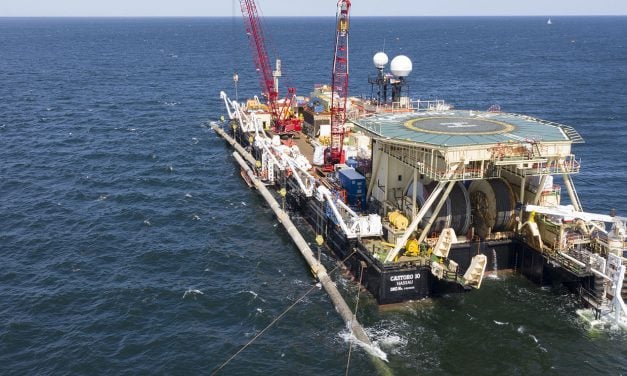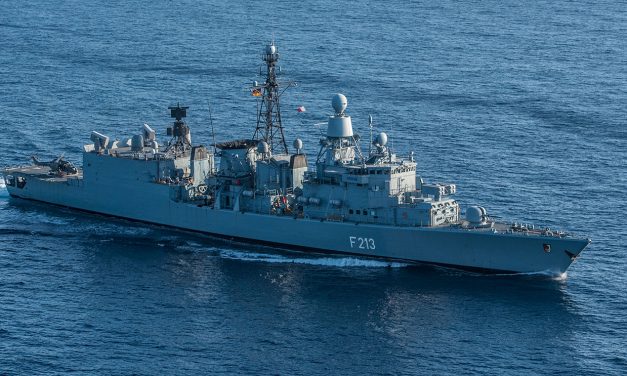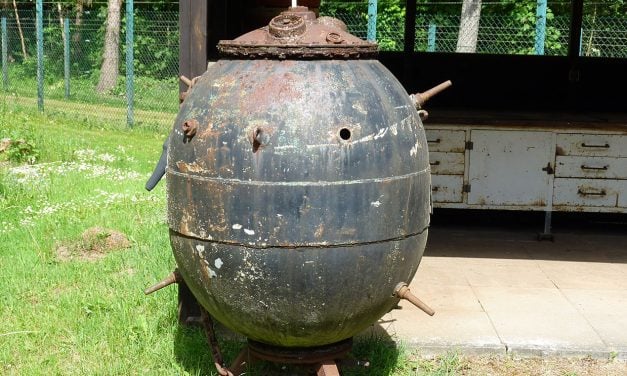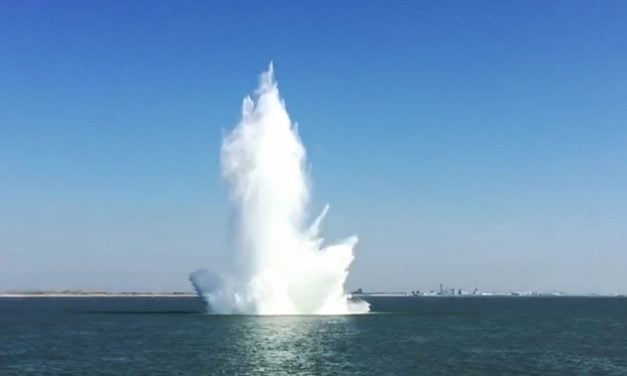Will Putin win?
The imminent completion of Nord Stream 2 will strengthen Russia Hans Jürgen Witthöft The discussions surrounding the Nord Stream 2 natural gas pipeline have now taken on dimensions that have absolutely nothing to do with its officially communicated objective. Nord Stream 2 is a pipeline that runs parallel to the Nord Stream pipeline, which went into operation in 2011, from Vyborg in Russia under the Baltic Sea to Lubmin in Mecklenburg-Western Pomerania. Both pipelines are designed for throughputs of 55 billion cubic metres each. Nord Stream 1 was politically controversial from the outset. The reason for this was that it was a "deal" between Russian President Vladimir...
Read More






Latest comments